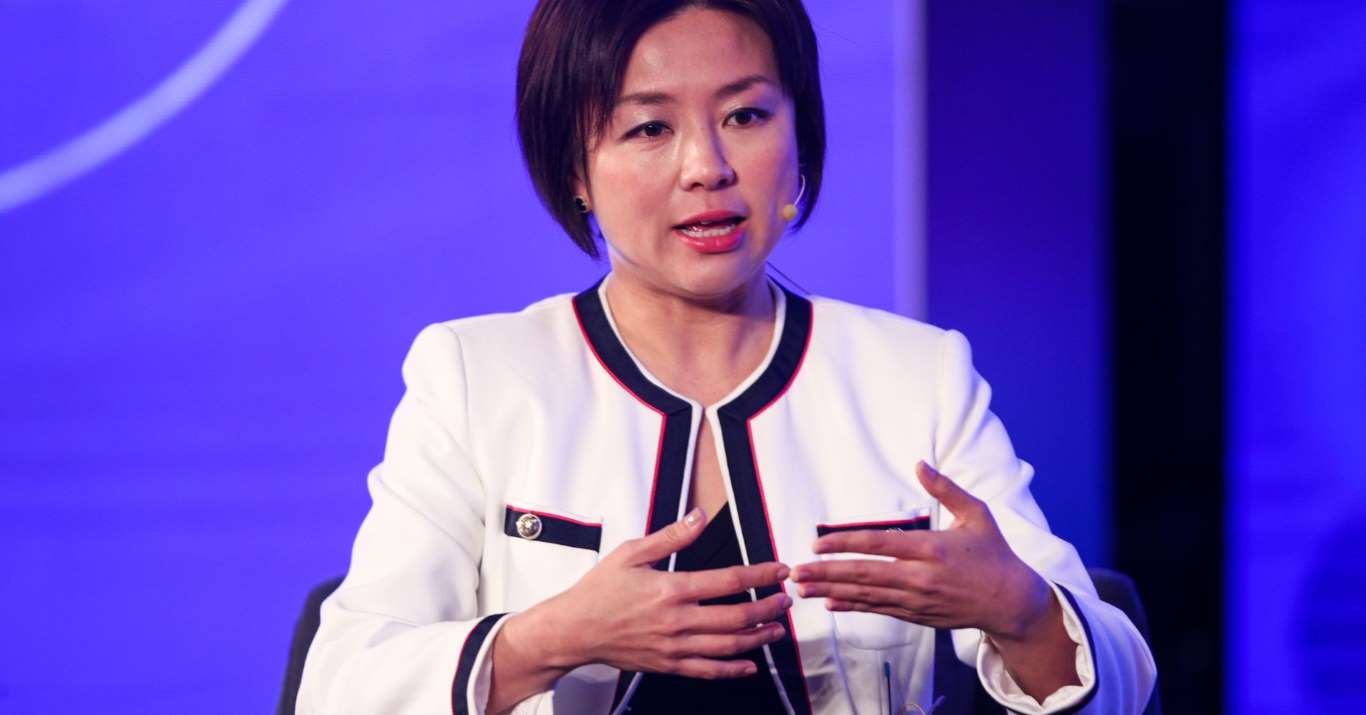Media Report

- CNBC reports, "A fundamental difference in the mindset of Chinese citizens, compared to people in other major economies, means that artificial intelligence (AI) could see significant success in the Asian powerhouse, Edith Yeung, head of 500 Startups' China unit, told CNBC Tuesday. Speaking to CNBC's Eunice Yoon, Yeung described how technology consumers were starting to want more protection for their data from large-scale platforms, namechecking the EU's new General Data Protection Regulation (GDPR) — which came into force earlier this year."...But in China, Yeung described a different view on data protection."Chinese people are aware of it (data protection) but in general if you talk to most of the normal people they understand there could be big platforms that have access to their data but they're OK with it because of the national pride of wanting to help to be the number one in AI for the whole of China. That mindset is even greater then 'hey I just want to protect my data'," she said at East Tech West in the Nansha district of Guangzhou, China.
- Bloomberg reports, "A group of Google employees has signed a public letter calling on the company to abandon its plans for a Chinese search product that censors results. Project Dragonfly, as the initiative is known, would enable state surveillance at a time when the Chinese government is expanding controls over the population, according to the letter signed initially by at least 10 employees, predominately software engineers and researchers. The document also called on management to commit to transparency, be accountable and provide clear communication."
- The Atlantic reports, "U.S. President Donald Trump is preparing to meet with his Chinese counterpart Xi Jinping at the G20 summit this week. After months of stalled negotiations on the trade war, the two countries are reaching a key point, with the prospect looming of Washington raising tariffs on Beijing. If the two countries do make any progress on trade, however, some experts worry that the Trump administration may soften its criticism of Beijing on a different issue: human rights."
Calendar
- 2018-11-26 China Works to Look Open to Foreign Business as G-20 Summit Nears
- 2018-11-25 China courts potential allies in trade war with US
- 2018-11-21 Five Takeaways From Our New China Project
- 2018-11-20 China's President Xi Jinping Visits the Philippines to Deepen Ties With the U.S. Ally
- 2018-11-19 APEC fails to reach consensus as US-China divide deepens
- 2018-11-18 China moves closer to allowing foreigners to control insurance ventures: sources
- 2018-11-16 The trade war is pushing business out of China, but not into America
- 2018-11-15 China and the U.S. Offer Rival Visions of the Pacific at the ASEAN Summit
- 2018-11-14 Why Young Pakistanis Are Learning Chinese
- 2018-11-13 Xi Expands China’s Footprint in the Pacific While Trump Stays Home
News
- CNBC China citizens are proud the country can compete with the US on AI, venture fund manager says
- Bloomberg Google Workers Sign Letter Seeking End to China Project
- The Atlantic China's Mass Detention of Muslims Is a Test for Trump
- CNN China reveals new domestically-built aircraft carrier under construction
- POLITICO Trump says he will proceed with Chinese tariff escalation
- CNN Trump dims hopes of China trade deal with fresh tariff threat on Apple phones
- CNBC Driverless cars will need cities covered in sensors, China's Didi Chuxing says
- The Washington Post Kudlow says China must 'do more' to end trade war
- CNBC China has a 'love-hate' relationship with blockchain and cryptocurrency, fund manager says
- NPR China Expands Research Funding, Luring U.S. Scientists And Students
- Bloomberg China Genetics-Linked Stocks Slump as Government Orders Probe
- CNBC Small and tech savvy firms in China are shaking up the personal care sector
- CBS News Uighur woman details horrific abuse in China internment camp
Commentary
- Brookings Institute China's Belt and Road Initiative is poised to transform the clean energy industry
- The Wall Street Journal The Deal America and China Need
- Foreign Policy China's Untested Military Could Be a Force—or a Flop
- Brookings Institute How will values shape U.S.-China competition?
- The New York Times Will Taiwan Be the First Domino to Fall to China?
- Forbes China Stimulus May Not Be Enough To Boost Economy
- Foreign Policy China's Most Popular App Is Full of Hate
